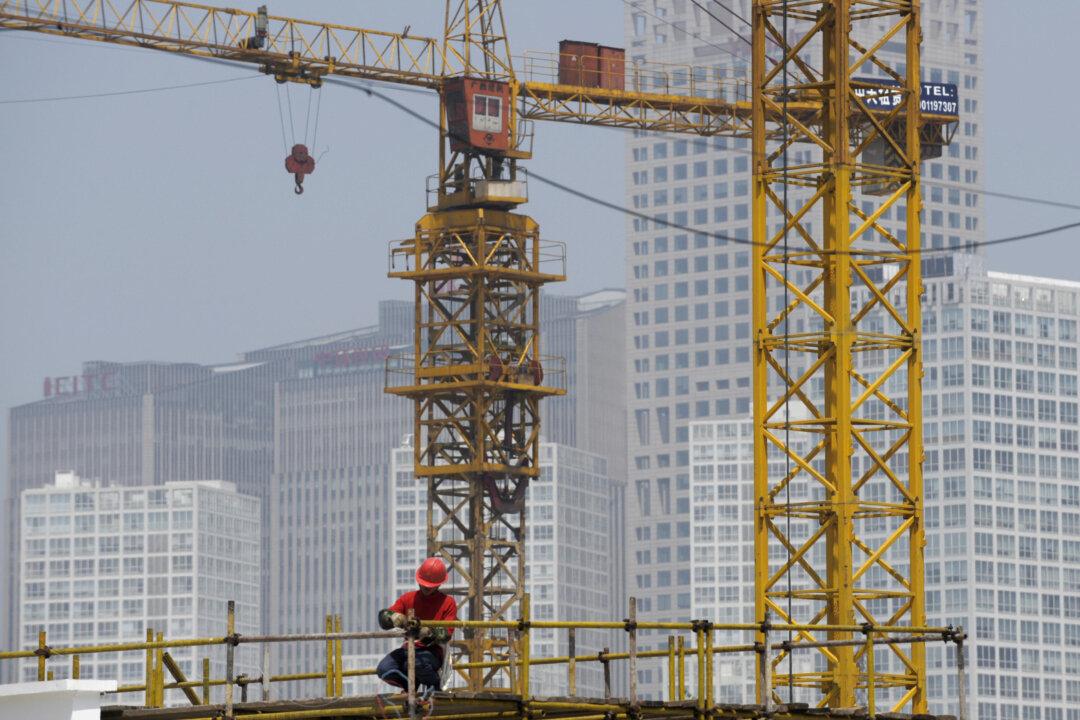Chinese companies are facing mounting pressure to repay their dollar debts, as more than $100 billion in Chinese corporate dollar bonds are due to mature this year—the largest wave of maturities in history.
China’s wave of dollar maturities will reach $118 billion, according to Refinitiv, a global financial market data provider.





